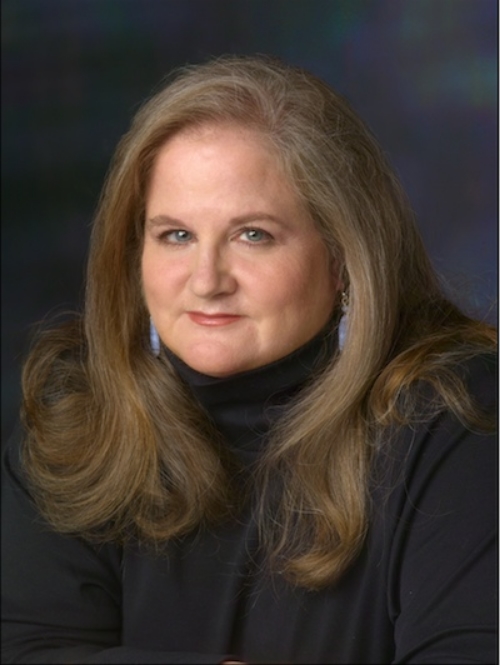This is the way the world ends
This is the way the world ends
This is the way the world ends
Not with a bang but with a whimper.
T.S. Eliot, “The Hollow Men”
My mother worked as a secretary in the office of John Bartram High School in Philadelphia. They gave her a surprise party when she retired, and invited my father to be there as part of the surprise. Photographs were taken; the photographer managed to capture the moment just as my mother was walking through the door, when she saw my father.
I’d always imagined that when she died, it would be just like the photograph at her party—walking through an entryway and glimpsing my dad, both of them smiling, the anticipation of a kiss.
But she’s angry with him now. Recently she’s been telling me that women have been coming into her room, telling her my father is at her facility and that he wants to see her. “Why does he want to see me?” she asks. “Why, after all this time?”
“Maybe he wants to see how you are,” I say.
“Well, I have nothing to say to him,” she replies.
And she keeps asking me if they were divorced.
“No,” I say. “You were married for almost 58 years.”
“Then why did daddy leave?”
“He died,” I tell her. “We buried him. His body is in Montefiore Cemetery, with Sam and Ceil.”
Tears well in her eyes and for a minute I think maybe she understands.
If our soul is freed when we die, do memories go with us? Will my mother remember loving and being loved by my father? Is memory a part of our soul, or merely a function of our physical brain?
The other day I was thinking about how fingerprints and snowflakes are unique, and wondering if the delusions of dementia and Alzheimer’s are unique too, each individual creating their own realities. When I can step back, separate myself from the emotional aspects, I note that many of my mother’s stories and fears involve strange men in her room or outside her door. If I’m feeling particularly fanciful, I imagine that the strange man outside her door is my father’s ghost, or even death itself.
When I visited this past weekend, she told me there was a new man at her table at breakfast and he’d reached across and touched her breast. I don’t know whether to believe this. It could have happened—the staff can’t watch everyone all the time. Once, when my mother and I were waiting for the elevator, a man walked out of his room in his underwear. But then I remember her calling me at 11:00 p.m., telling me a man was trying to get into her room. I called the main number, was connected to her floor, and explained what was going on to the aide. She said she would check on her, adding that my mother does this a lot.
Every room on the memory care floors has a glass box with shelves outside the door. People personalize them with photographs and objects. My mother’s box has, among other things, the bride and groom topper from her wedding cake and a framed photograph of her with my father and me. At first, I enjoyed looking at the contents of everyone’s boxes, but now it just makes me sad. Remnants of a life, a reminder of what has been lost.

